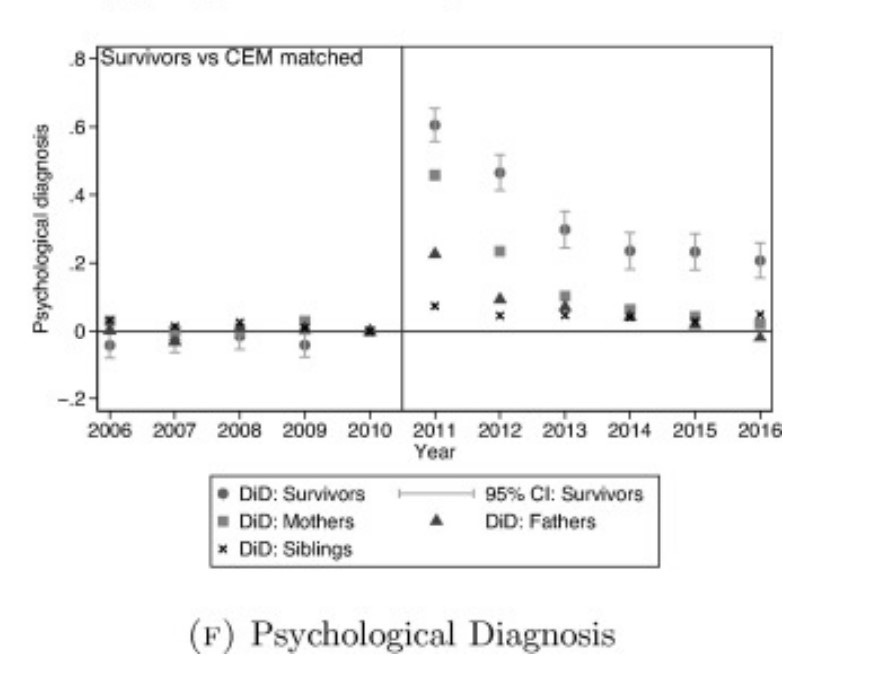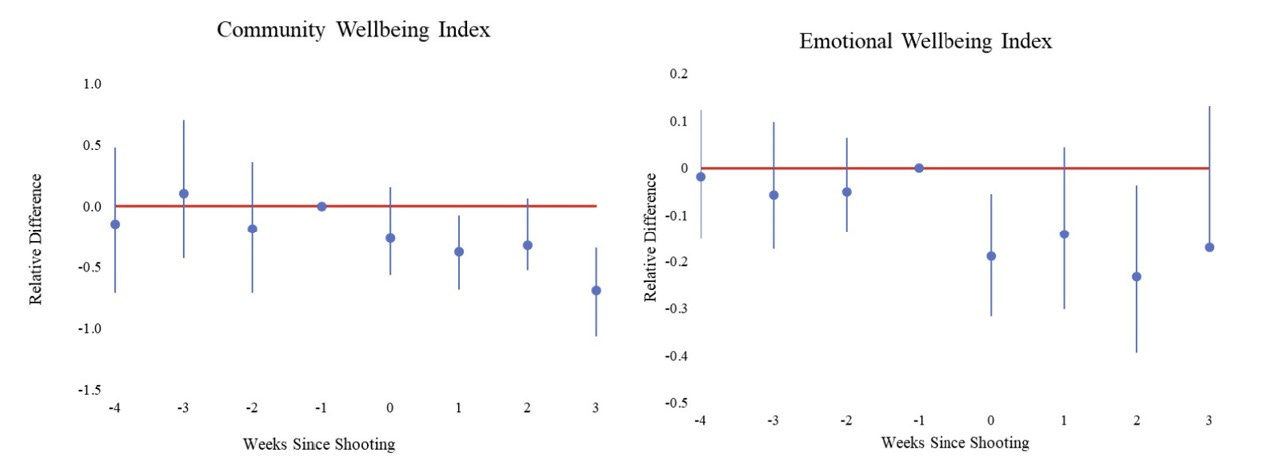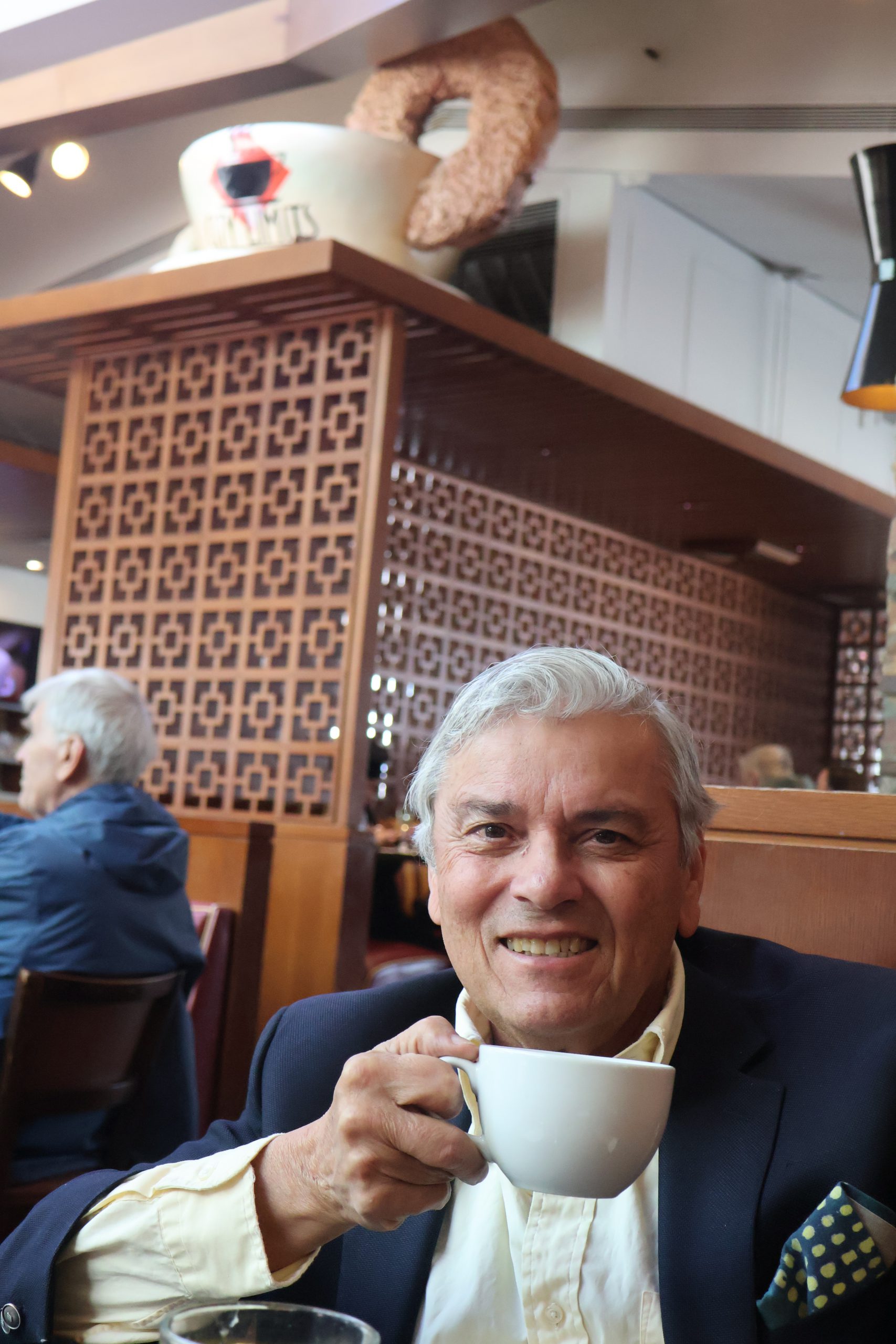Hits: 510
TODAY is the one-year anniversary of the Uvalde mass shooting. Nineteen fourth graders and two teachers at an elementary school were murdered. As a mom, a Texas resident (at the time), and a public health professional, this shook me.
Mass shootings continue to shake me.
Gun advocates claim that the probability of dying from a mass shooting is rare. And, compared to other firearm deaths, they are right. But these deaths are preventable. We also fail to recognize the ripple effects—the detrimental impact on the survivors and the communities for years to come.
The impact is enormous and far-reaching.
Impact on survivors
As you can imagine, survivors suffer from mental health problems following mass shootings. This is particularly the case among children with direct exposure (heard gunshots, saw bodies, saw the gunman) or risk factors (pre-event traumatic exposure). Scientific literature shows school shootings result in:
- Increases in prescription antidepressants up to two years
- High levels of PTSD; after a 1988 elementary school shooting, the prevalence of PTSD among child survivors reached 91% 14 months after the mass shooting
- Declines in overall health and well-being
- Engagement in more risky behaviors
These traumatic experiences can bleed into children’s education and employment years later. After school shootings, children experience:
- Increased absenteeism and grade repetition
- Lower rates of high school graduation, college enrollment, and college completion
- Lower employment and earnings at ages 24-26
- Decreased test scores in math and English that persist for up to three years post-shooting

Impact on survivors’ parents
Then there are the parents of the survivors. Those who get a call or text message that there was a mass shooting without knowing whether their child is okay. They are tasked with helping their child cope with this trauma. Parents of survivors report:
- Reduced general well-being; in fact, we see the effect on parents regardless of whether their child was in the tragedy
- Increased levels of PTSD—nightmares, flashbacks, severe anxiety; in one study, one in two parents of elementary school survivors reported PTSD
- Increase in other psychological diagnoses for years to come, as seen among parents and siblings in Norway after a mass shooting

Impact on the helpers
Then there are the helpers—the firefighters, FBI agents, police officers, other teachers, volunteers, hospital staff, therapists, and everyone who helps in the immediate aftermath and thereafter.
Unfortunately, this has been explored very little in the scientific literature. One study reported increased fear, hypervigilance, and sleep difficulties among the helpers.
Impact on the greater community
Then there’s the community. Neighbors, grocery store workers, bus drivers, and more are impacted indirectly. The deadlier the mass shooting, the stronger and longer lasting the community-level effect. This is particularly the case in small communities because the psychological proximity to victims is strong.
After a mass shooting, community members report:
- Persistent feelings of insecurity
- Impact on pregnancies; women are more likely to give birth to very premature and low birth-weight babies
- Decline in community and emotional well-being

Bottom line
There are tremendous costs to mass shootings, even for those not directly involved. These tragic events, like in Uvalde, set off a cascade of collective traumas that result in physical, mental, and emotional impairment for thousands; far more extensive and for far longer than critics portray. If you’re feeling it like me, you’re not alone.
Love, YLE
“Your Local Epidemiologist (YLE)” is written by Dr. Katelyn Jetelina, MPH PhD—an epidemiologist, data scientist, wife. During the day she works at a nonpartisan health policy think tank and is a senior scientific consultant to a number of organizations, including the CDC. At night she writes this newsletter. Her main goal is to “translate” the ever-evolving public health science so that people will be well-equipped to make evidence-based decisions. This newsletter is free thanks to the generous support of fellow YLE community members. To support this effort, subscribe below.

